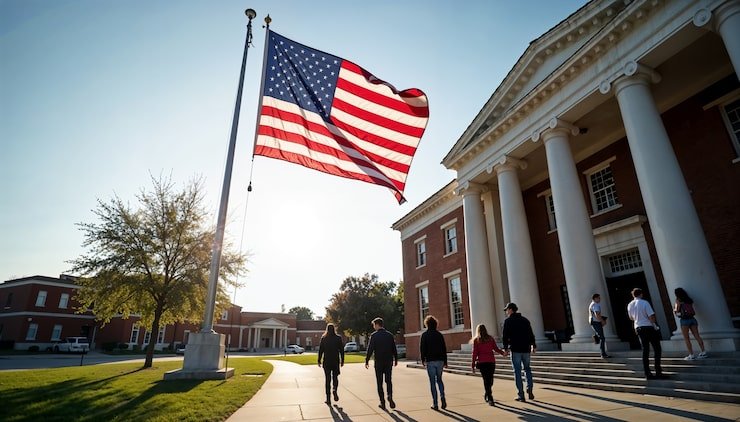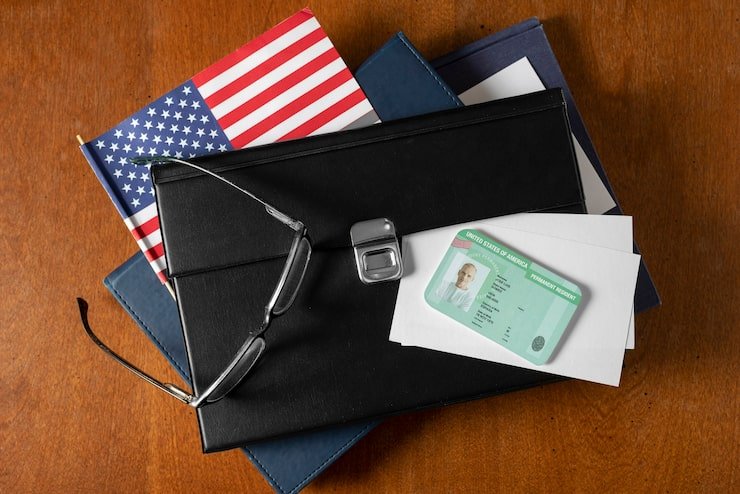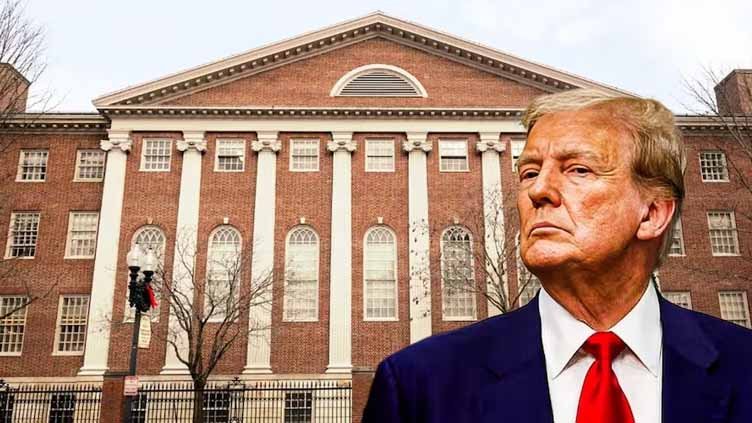WhatsApp Blocked on US House of Representatives Devices Over Security Fears
Cybersecurity experts were very worried about WhatsApp’s ability to keep data safe, so WhatsApp Blocked on US House of Representatives. A memo sent to all House staff on Monday said that the popular messaging service from Meta Platforms would be blocked right away on all official devices.
The Office of Cybersecurity said that WhatsApp was a “high risk” app. They said that it wasn’t clear how it handled data, that stored data wasn’t encrypted, and that there were several possible security holes. The memo says that these things could make sensitive government information vulnerable to serious threats.
Alternative Messaging Platforms Recommended
Consequently, the chief administrative officer advised staff to use alternative apps that offer better security for government communications. Approved options include Microsoft Teams, Amazon’s Wickr, Signal, and Apple’s iMessage and FaceTime. According to officials, these platforms meet the necessary standards to protect communications from surveillance or unauthorized access.
Meta Pushes Back Against the Ban
But Meta was very against the decision. Someone spoke for them and said, “We strongly disagree with this decision.” They said that the end-to-end encryption in WhatsApp is safer than many of the other options that have been approved. Meta also stressed that it is always working to keep user data safe.
New worries about spyware that targets WhatsApp users came up earlier this year. An official from WhatsApp said that the Israeli spyware company Paragon Solutions had attacked many users, including journalists and people from civil society. Because of this, these events made people doubt the platform’s defences against complex cyberattacks and outside interference.
WhatsApp Blocked on US House: A Pattern of Caution
Notably, this ban follows a growing pattern within the US government. In 2022, the House also banned TikTok from staff devices over concerns related to data privacy and foreign influence, especially from China. This latest decision highlights increasing government caution toward major tech platforms and their data security practices.
Meanwhile, as global tensions rise and cyber threats evolve, the US House continues to strengthen its cybersecurity protocols. Officials stress the need to act proactively to prevent breaches that could threaten national security. Clearly, with WhatsApp Blocked on US House devices, lawmakers are sending a strong message. Even widely used apps are not exempt from strict cybersecurity scrutiny. In the future, government institutions will likely face ongoing challenges in balancing security, convenience, and privacy as technology advances.











